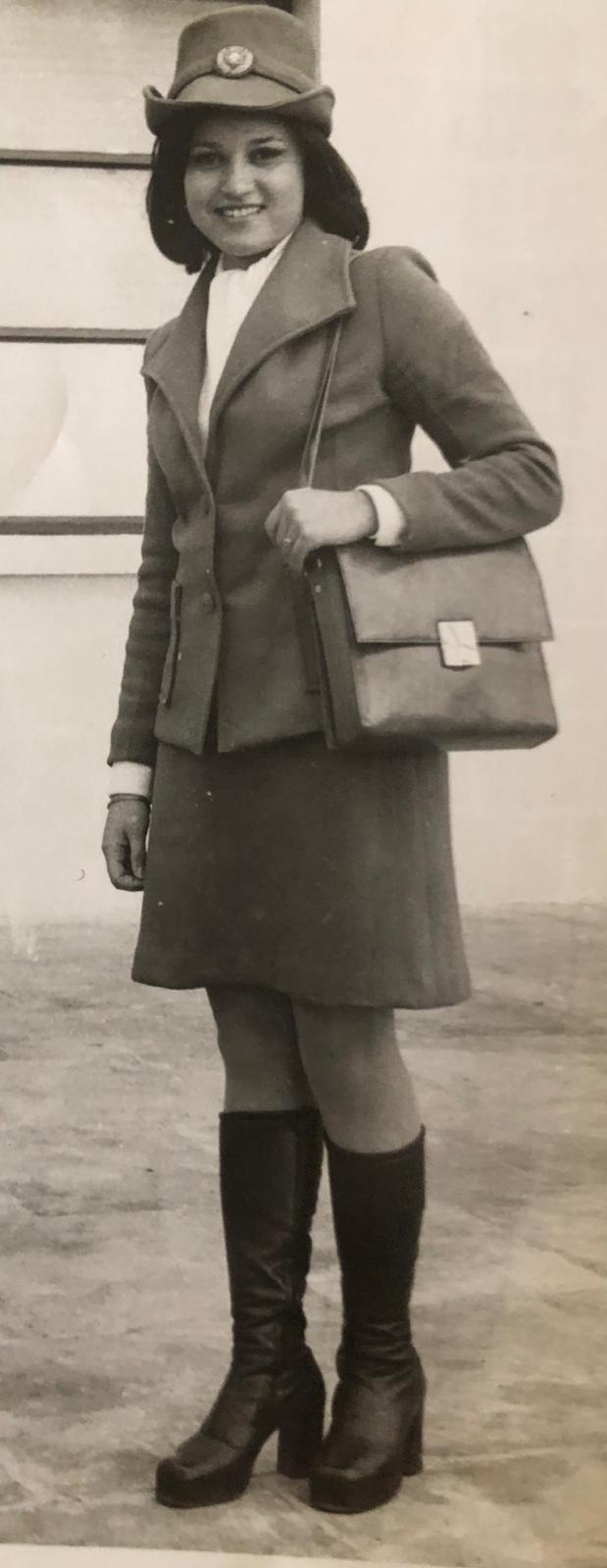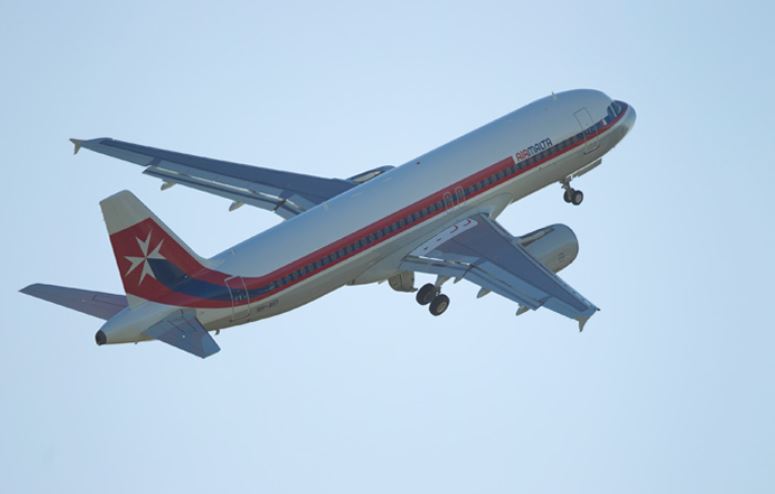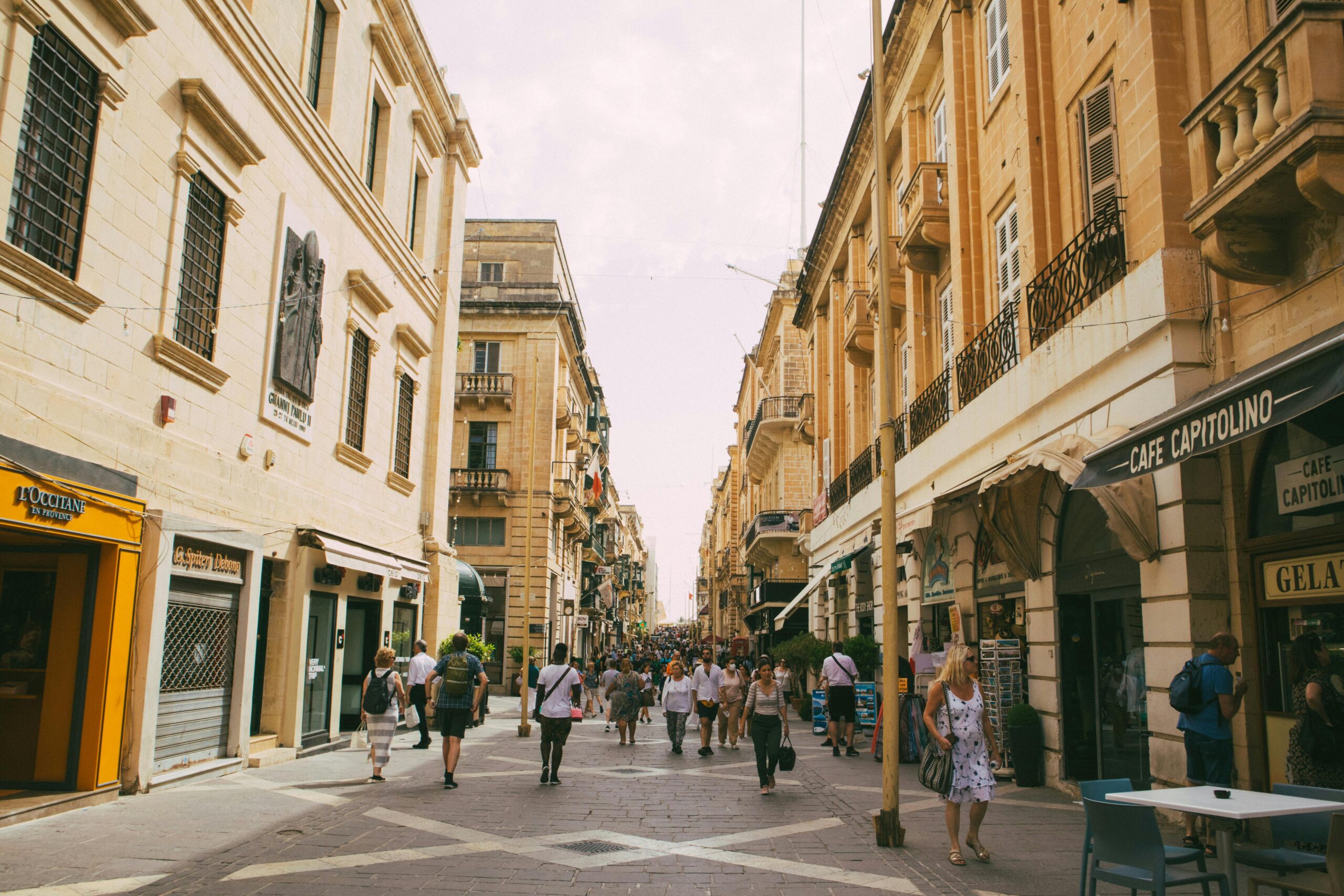Air Malta will operate its last flight today, drawing a curtain on a 50-year history that saw it serve as an ambassador for the country, being many visitors’ first and last touch of Maltese hospitality.
Beloved, iconic brands have a way of remaining alive in people’s minds and heart long after they disappear, and Air Malta will certainly be no different, the half century of experiences and memories fondly remembered by those who knew it even after it is no longer seen flying through the skies.
Among those who will remember the Maltese flag carrier most fondly are the workers who had seen it be born, when the Government took over the private firms Malta Airlines and Malta Aviation Services and established Air Malta.
Mariella Schembri, who worked with the ground handling company Malta Aviation Services and a further five years after it was integrated within the new national airline, was able to share some of the unique experiences from those early days when air travel looked very different to today.

As part of Malta Aviation Services (MAS), Ms Schembri and her colleagues served other airlines including aviation giants of the time like British Airways and Alitalia.
She recounts being “scared” of the change in ownership, at first, but these concerns quickly dissipated as salaries increased: “We were not paid as well in the private sector,” she recalls.
Operationally, the shift did not lead to any major changes, she continues, explaining that the check-in process remained the same.
Ms Schembri describes the job as “over of the best” she ever had – not least thanks to the concessions employees received for cheaper travel.
“I remember going to London for a couple of days for just a few Maltese liri,” she says, adding: “I never shopped in Malta! It was all London for me.”
She remained in contact with her former colleagues, who she says describe the modern experience as entirely different to how it used to be. “We were like a family at the time.”
Asked to identify the most obvious difference from the current travel experience, Ms Schembri says that the type of passenger and their reason for travelling stands out as a major change.
“Most passengers at the time were businessmen going for meetings in other countries. Then, we also had a lot of people emigrating, especially to Australia.”
The scenes of sobbing families saying their goodbyes for what may very well have been the last time left an impact on her and others who worked in aviation at the time: “It was very emotional.”
With people now often going abroad multiple times a year, emigration to far-off destinations does not have the same sense of finality to it.
Other differences include the quality of food served on flights – certainly relatable for anyone who remembers a time when flying was considered a premium experience – and the number of unaccompanied minors travelling with an airline-appointed handler.
“Hospitality was one of the things drilled into us – we had excellent service – nowadays they don’t treat you the same. Meals, personal service… I never worked as an air hostess, but I used to travel and know how things were.”
As for her most striking memory, Ms Schembri does not hesitate in identifying the landing of a hijacked KLM jumbo jet at the airport in 1973: “Just knowing there were hundreds of hostages held there in the middle of the runway, it was definitely exciting – and I can say that because, thankfully, it ended without any loss of life.”
One of the most difficult experiences as a ground handler, she says, was having to deal with passengers who could not be accepted on board the airplane as the flight had been overbooked: “Obviously, this led to difficult situations – who would be happy with being told they cannot board?”
Ms Schembri ended up leaving the job after getting married due to legislation at the time that prohibited married women from working when a male could do the job, a policy she describes as “unthinkable” nowadays.
Featured Image:
An Air Malta airplane with its original livery from the 1970s
Malta International Airport closes in on one million passengers in June
Meanwhile, aircraft traffic movement rose by 4.5 per cent year on year
Malta’s population hits 574,250 in 2024, up by 1.9%
Total net migration was at 10,614 persons, the vast majority being non-EU citizens
Service excellence as a cornerstone of Avenue 77 workspace experience
Providing excellent service is a foundational aspect of what makes working at Avenue 77 a great experience






